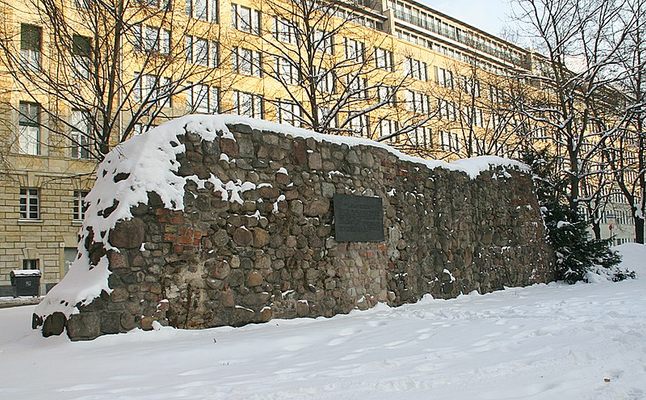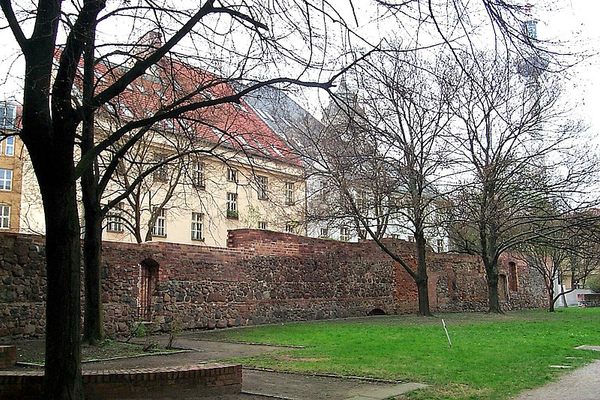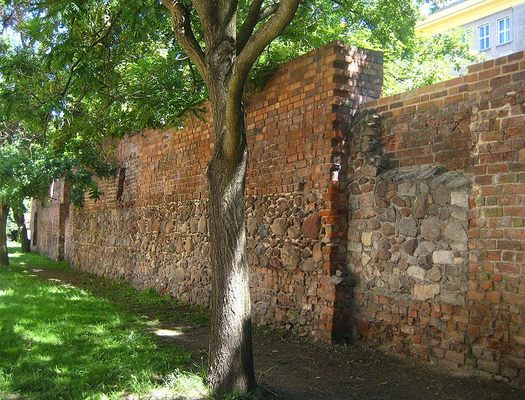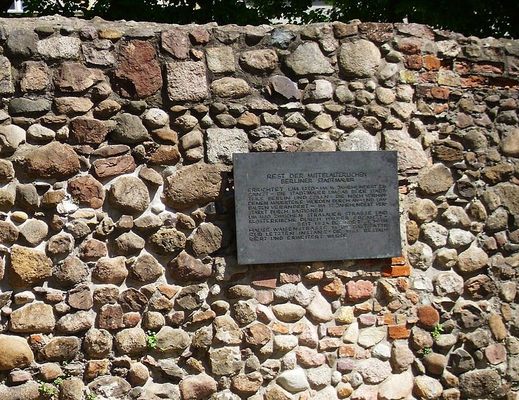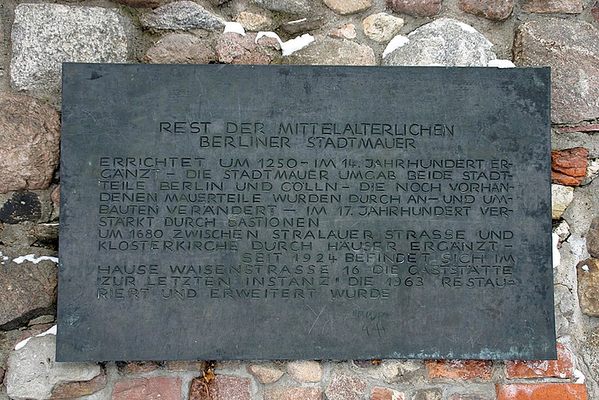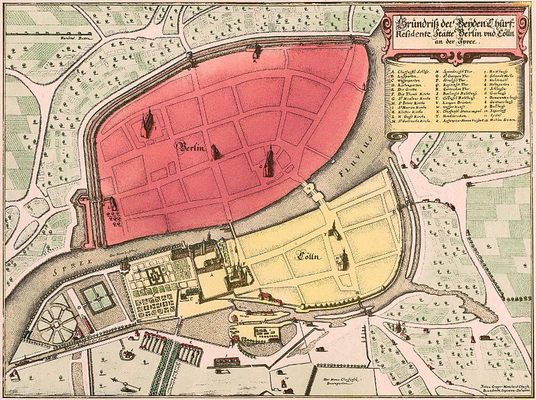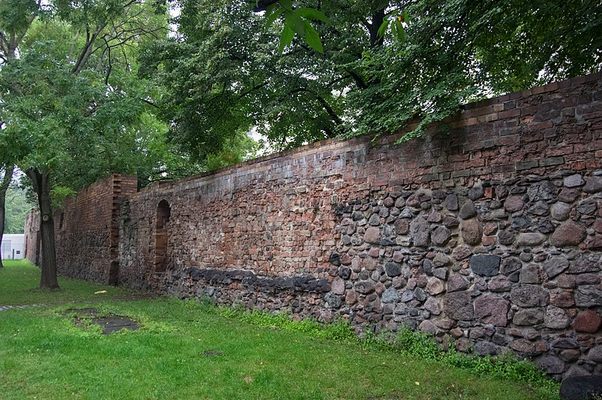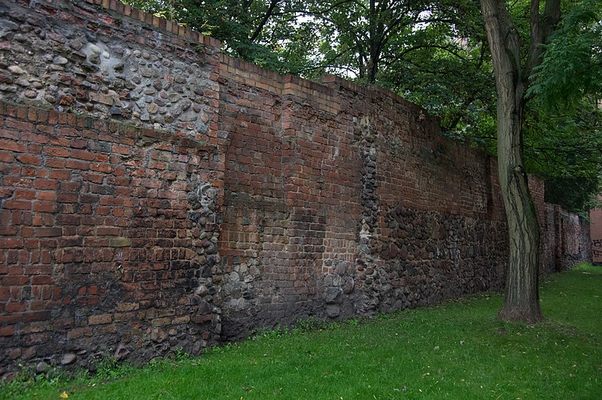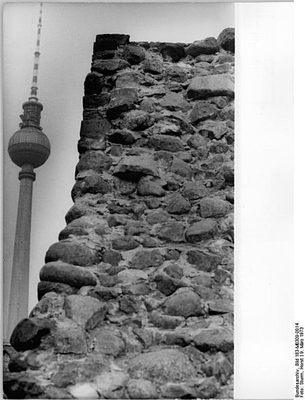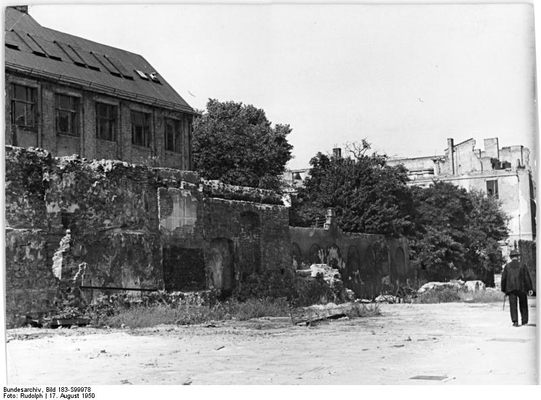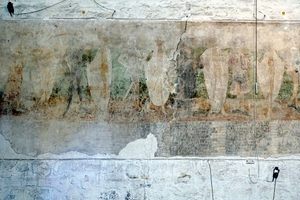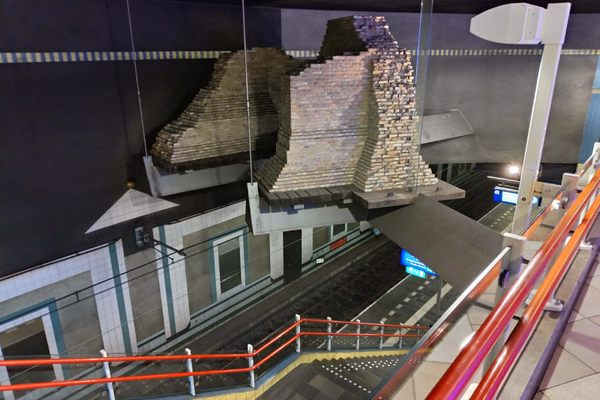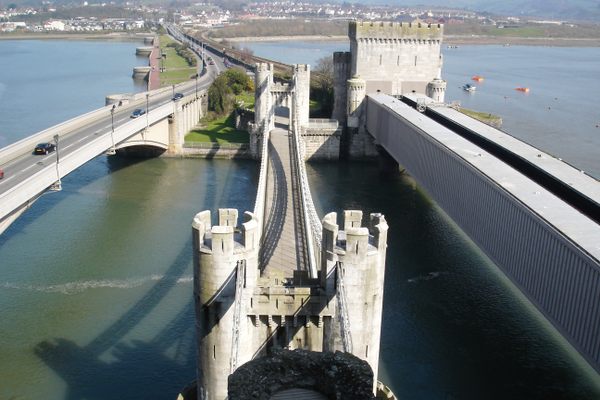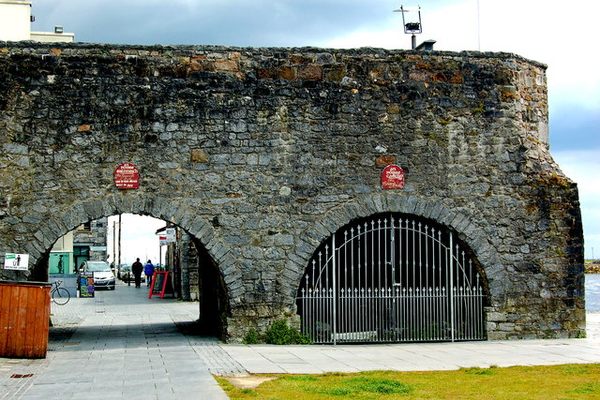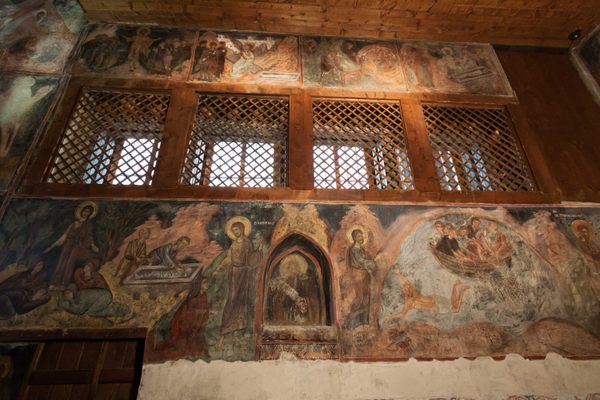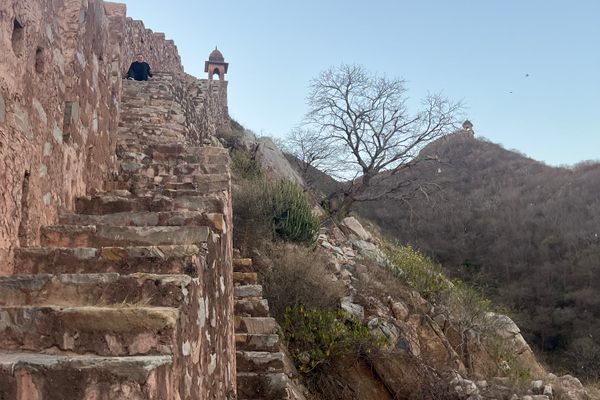About
Centuries before Berlin’s most notorious wall epitomized the Iron Curtain, another wall defined the cityscape. The Berlin Stadtmauer, or City Wall, was erected sometime during the 13th century as a defensive barrier to fortify the city.
Spanning around 1.5 miles (2.5 kilometers), the wall encompassed Berlin’s medieval perimeters (an area which now includes the Alexanderplatz neighborhood), as well as its sister-city Cölln. However, the city of Berlin gradually extended past its medieval borders, absorbing neighboring Cölln and eventually transforming into an expansive metropolis.
With the original city wall rendered useless, its bricks and stones were repurposed over time to construct neighboring buildings. Some of the wall’s distinctive original bricks can still be seen near the patio area of Zur letzten Instanz, Berlin’s oldest extant restaurant, which dates back to 1621.
Forgotten by most Berliners and almost lost to time, the intact remnants of the original Stadtmauer were discovered around 1948 when wartime debris was being cleared. This nearly 500 foot (150-meter) stretch of wall was promptly declared a city landmark.
Today, the remains of the medieval city wall is located on the grassy median that straddles Littenstraße and Waisenstraße.
Related Tags
Know Before You Go
The metro station Klosterstraße is just a short walk away from the Old City Wall of Berlin.
Community Contributors
Added By
Published
May 4, 2020
